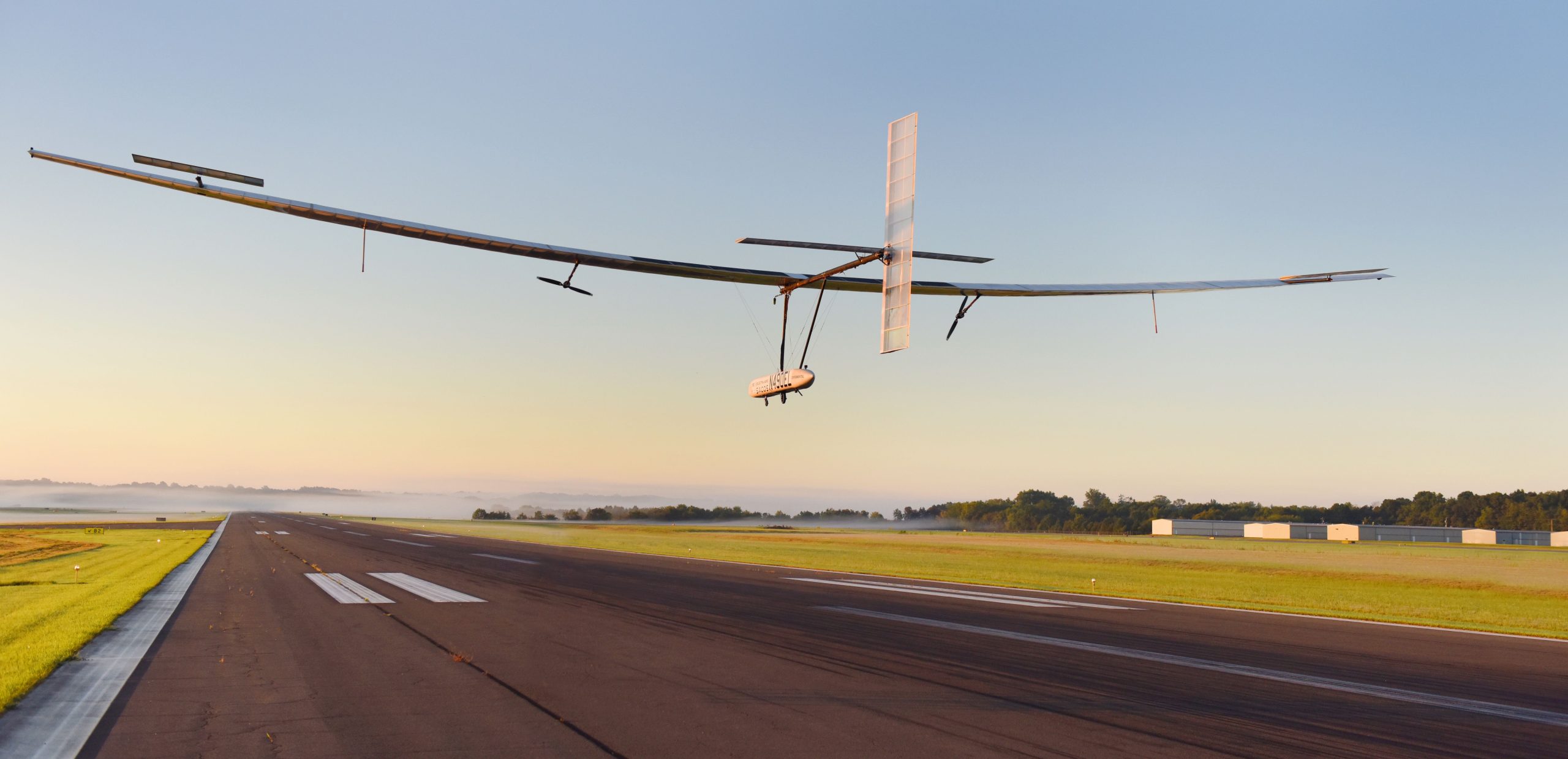Electra Flies Solar-Electric Hybrid Research Aircraft
Electra.aero has completed the first flight of a solar-battery hybrid electric research aircraft. This 90-foot wingspan unmanned aircraft system (UAS) made its first flight from Manassas Regional Airport, Virginia on September 9, 2022, and is the first aeroplane to emerge from Electra’s new development facility there.
The new plane, named Dawn One, is part of the Stratospheric Airborne Climate Observing System (SACOS) program. SACOS is being developed under the leadership of Professor James Anderson at Harvard University.
The project is supported by a contract from the National Aeronautics and Space Administration (NASA) and by the Weld Foundation for Scientific and Environmental Development.
The SACOS program is a multi-year endeavour led by Harvard University to build a system of long-endurance solar powered aircraft that collects atmospheric data. Dawn One is the first SACOS aircraft prototype that validates and tests core aircraft technologies and demonstrates operational strategies.
Professor Anderson said: “SACOS is designed to serve as a climate observation system that will herald a new era in the quantitative dissection of the physics, chemistry, and biology controlling critical climate systems.
“Following the lead of the new National Academy of Sciences report Global Change Research Needs and Opportunities for 2022–2031, SACOS promises to dramatically expand our national climate research capabilities.
“The high-spatial resolution observations from SACOS will provide, for the first time, quantitative forecasts of risk associated with rapidly expanding wildfires, the increasing rate of sea level rise, the intensification of severe storms, and global shifts in arid regions that trigger water shortages.
“Moreover, these quantitative forecasts of risk will, in turn, establish the essential intellectual links directly coupling irreversible changes in the climate structure to economics, public policy, and associated societal instability.”
The Dawn One project originated at the Massachusetts Institute of Technology (MIT) led by Professors John Hansman and Mark Drela, while detailed design, construction, and testing of the aircraft was led by Electra.
This solar-battery aircraft is part of Electra’s ongoing development of reduced and zero-carbon aircraft propulsion technologies, which also include turbine-electric and hydrogen fuel cell-based hybrid systems.
The SACOS flight is part of the public celebration of the 2021 Dreyfus Prize in Chemical Sciences, presented to Professor Anderson on September 29, 2022 at Harvard.
James Stewart of Electra and Annick DeWald of MIT led the aircraft team that included researchers and students from MIT, Harvard, Virginia Tech, Penn State, Stanford, Tuskegee, Embry Riddle, University of Michigan, San Diego State, and The University of Texas at El Paso.


